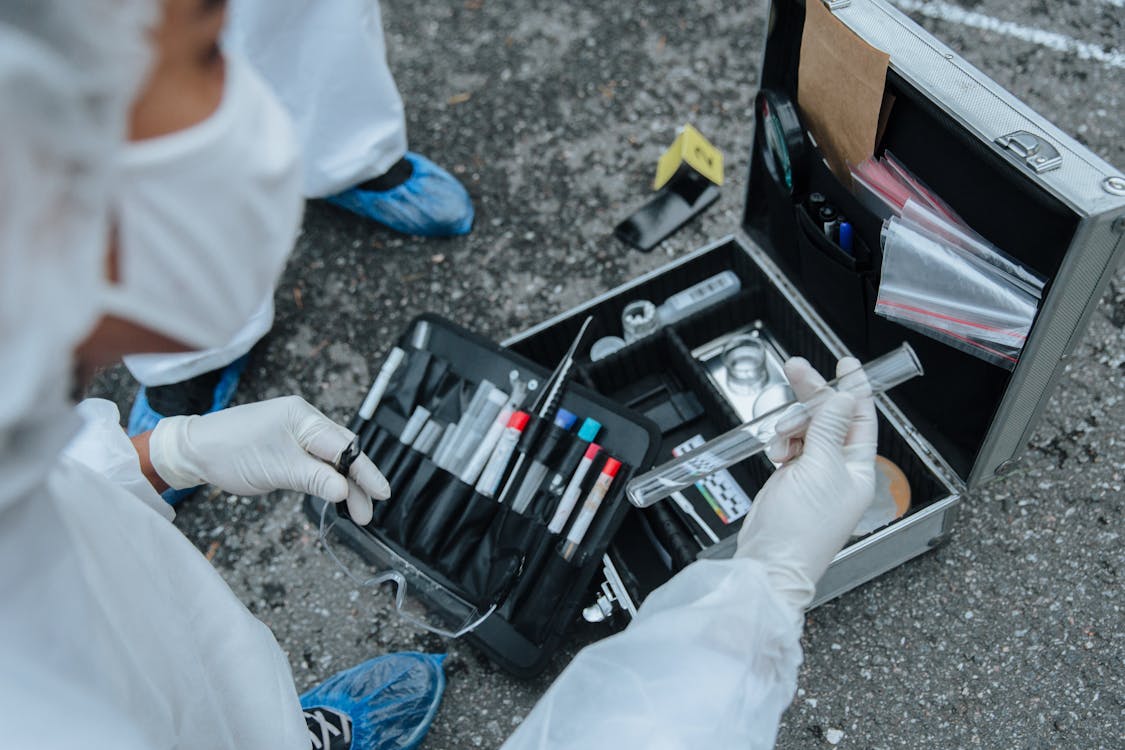The Role of Forensic Evidence in Criminal Defense Cases

Photo by Cottonbro studio on Pexels
Forensic evidence is important in helping provide clear, scientific data that can support a defendant's case. DNA analysis through digital forensic technology introduced formidable tools that are highly capable of establishing one's innocence, refuting the claims put forth by the prosecution, or pointing out the ways to other possible suspects. Understanding its role is essential for any legal professional in criminal defense. Here are five key roles that forensic evidence plays in criminal defense cases:
Highlighting Procedural Errors
Whether forensic evidence was mishandled by cops in its collection, storage, and examination, the errors will make it inadmissible in court. A good example is that a breach of the chain of custody of a DNA sample might well form the legal basis for challenging its admissibility in court.
The defense attorney may argue that such procedural fallacies if committed, have undermined the integrity of the evidence and then rendered it irrelevant and unreliable. The best attorneys from firms like Strategic Criminal Defence Lawyers will be evaluative at this stage to ensure every helpful detail is included. The combination with several defense arguments will provide a full-scale attack on the prosecution's case.
Establishing Innocence
For instance, DNA evidence could come back proving a defendant was not at the scene; one of these tests may free a person wrongfully accused of the crime. Other types of forensic evidence (such as fingerprint analyses and ballistic reports) may show that a defendant could not have committed the crime.
They will often use forensic experts who analyze evidence and testify about the innocent state of the defendant. In serving scientific evidence before the court, they challenge the case made against their client by the prosecution and raise reasonable doubt about their client's guilt.
Challenging the Prosecution's Evidence
This includes calling into question the reliability of specific evidence. It starts with the process through which it was collected and the team qualification that did the evidence analysis. It may reveal weaknesses in the evidence, which can help point to its suitability before a jury.
The defense will also propose alternative forensic interpretations that can even contradict what the prosecution presents. This may be in forensic pathology, which gives alternative interpretations concerning the cause of death or a different series or timeline of events based on forensic examination.
Supporting Alibi Claims
A defendant can use security video with a time stamp or a GPS-based location record to show that they were elsewhere when the incident was happening. This type of evidence may be crucial in proving a defendant could not have been at the crime scene and may establish or fail to establish an alibi.
Other than digital forensics, other evidence could include the soil and attire fiber supporting a defendant's alibi. For example, suppose a defendant claims to have been at some other place when committing a crime. In that case, forensic investigators can analyze the soil or fibers on the clothes according to the place they mentioned.
Identifying Alternative Suspects
Forensic fingerprinting, hair, or fiber examinations can identify individuals who may have had access to the crime scene. The defense commonly uses such evidence to imply that the presence of someone else's forensic markers provides reasonable doubt regarding the suspect's guilt. This allows the defense to shift their focus to an alternative suspect and provide stronger grounds for their client's innocence.
Endnote
Forensic evidence is a crucial part of a criminal defense case, helping to give a complete account of what happened. Accuracy is essential for every piece to be valid regardless of the lawsuit's complexity. The proper use of forensic evidence can make all the difference in a legal landscape where the stakes are incredibly high.